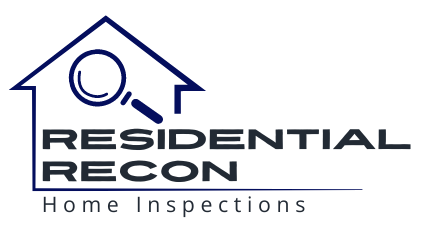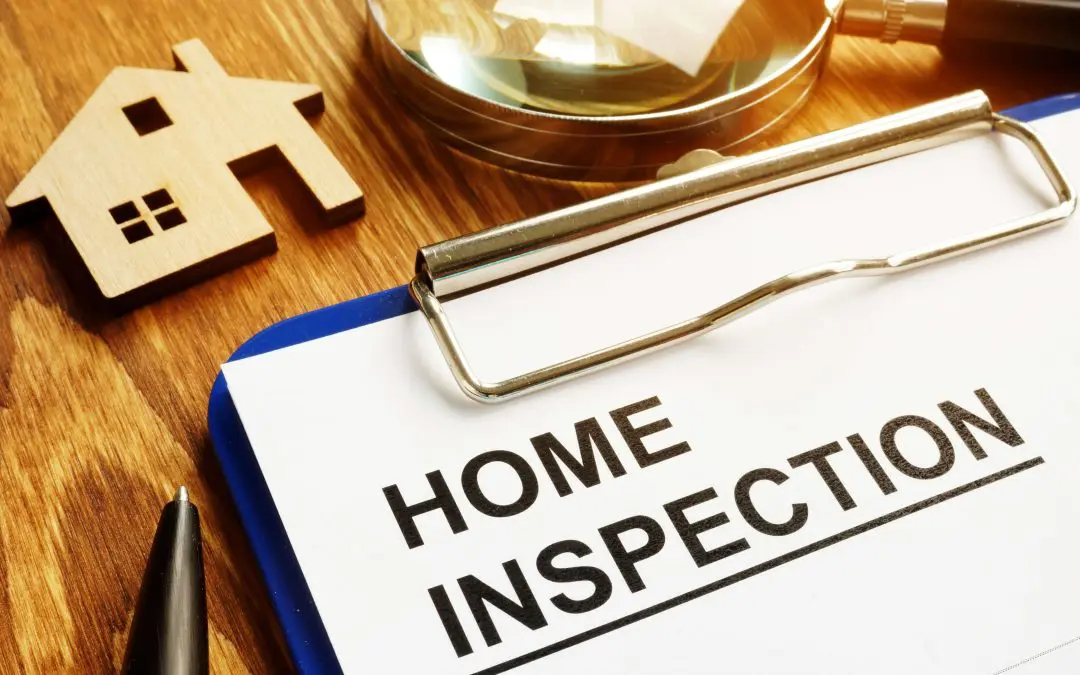As a new homebuyer, ordering a home inspection is one of the most crucial steps before finalizing your purchase. A professional home inspection offers you a clear understanding of the condition of the property, potentially saving you from unexpected surprises and costly repairs. By bringing in an experienced inspector, you get an expert eye to examine the home’s systems and structures so you know you’re making an informed decision.
Ordering a Home Inspection: A Comprehensive Look at the Home’s Condition
One of the biggest benefits of getting a home inspection is gaining a detailed overview of the property’s current state. While the house may appear visually appealing, there could be hidden issues lurking beneath the surface that only a trained inspector can identify. During an inspection, everything from the roof and foundation to plumbing and electrical systems is evaluated. This allows you to see whether the home has structural or safety concerns that could require immediate attention or future investment.
Negotiation Power
A thorough home inspection report is a valuable tool when negotiating with the seller. If significant issues are found, you may be able to request repairs before closing the deal, or even negotiate a lower price to cover future repair costs. The inspection report gives you the leverage to make sure you’re getting the best value for your money. A clear picture of the home’s condition helps protect your financial investment.
Ordering a Home Inspection Provides Peace of Mind
Buying a home is one of your largest investments, so naturally, you want to feel confident about your decision. A home inspection offers peace of mind by reducing the risk of unforeseen problems after closing. It allows you to address concerns before they turn into larger issues down the road. Knowing exactly what you’re walking into keeps you from being blindsided by unexpected expenses after moving in.
Safety Assurance
One of the primary purposes of a home inspection is to verify the safety of the property. Inspectors will assess essential components like electrical systems, which pose fire risks if improperly installed or outdated. They will also look for mold, structural issues, and inoperable smoke detectors, ensuring that you and your family will be living in a safe environment.
Understanding Future Maintenance Needs
Even if the inspection doesn’t reveal major red flags, it can still help you understand your home’s ongoing maintenance needs. For example, an inspector might point out that the HVAC system is nearing the end of its lifespan or that the roof may need to be replaced within a few years. This helps you plan for future repairs and better manage your budget.

